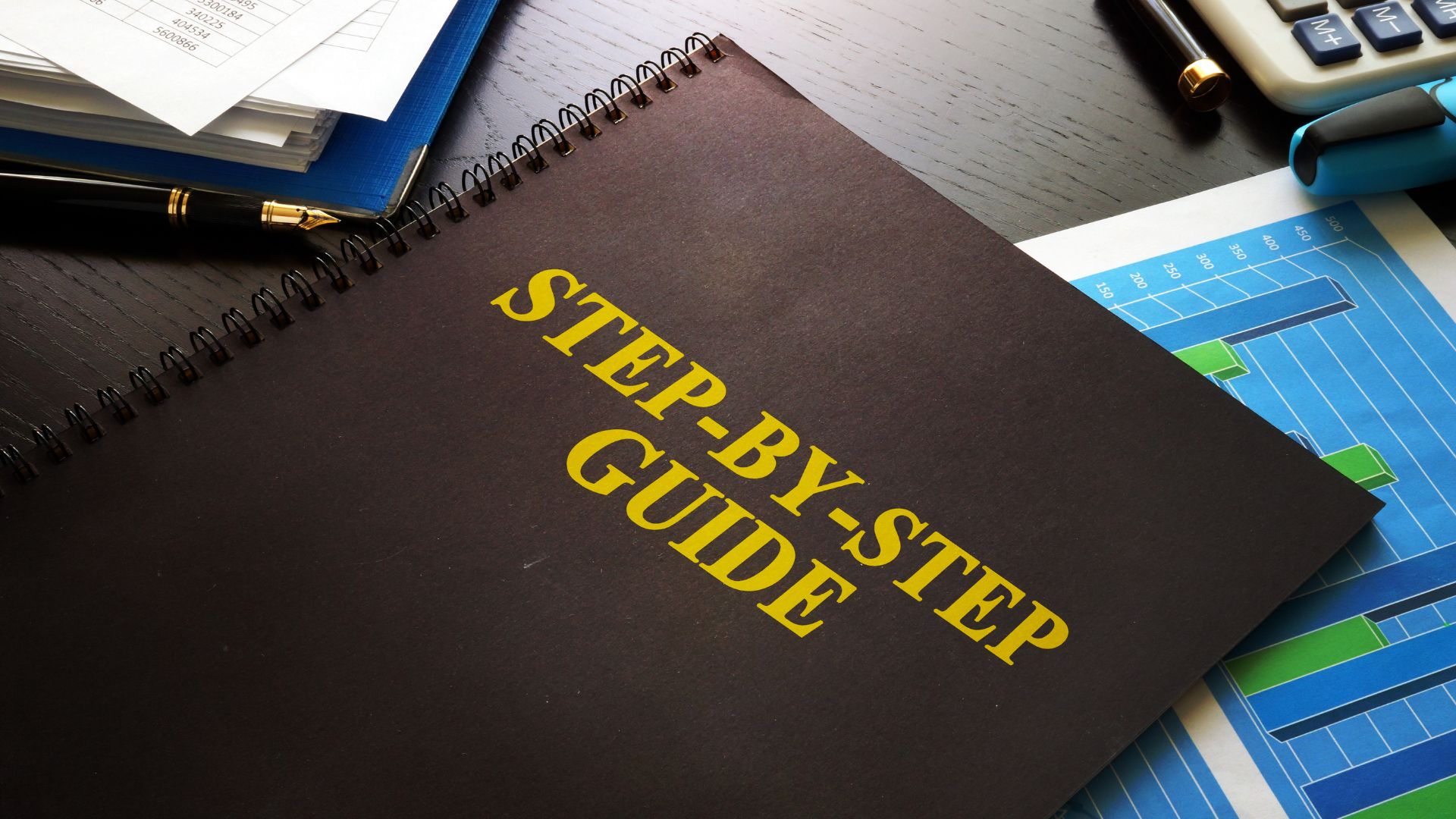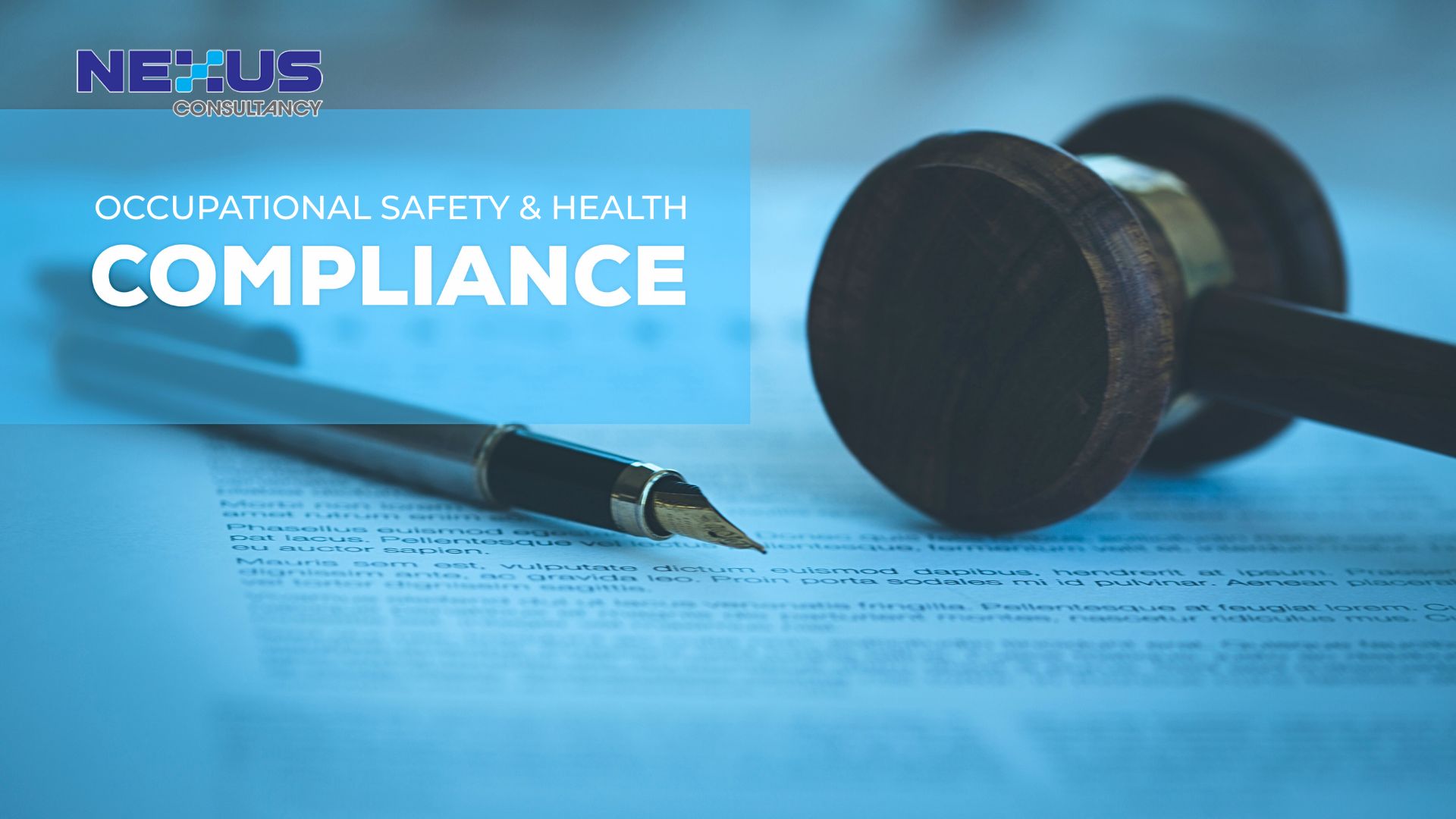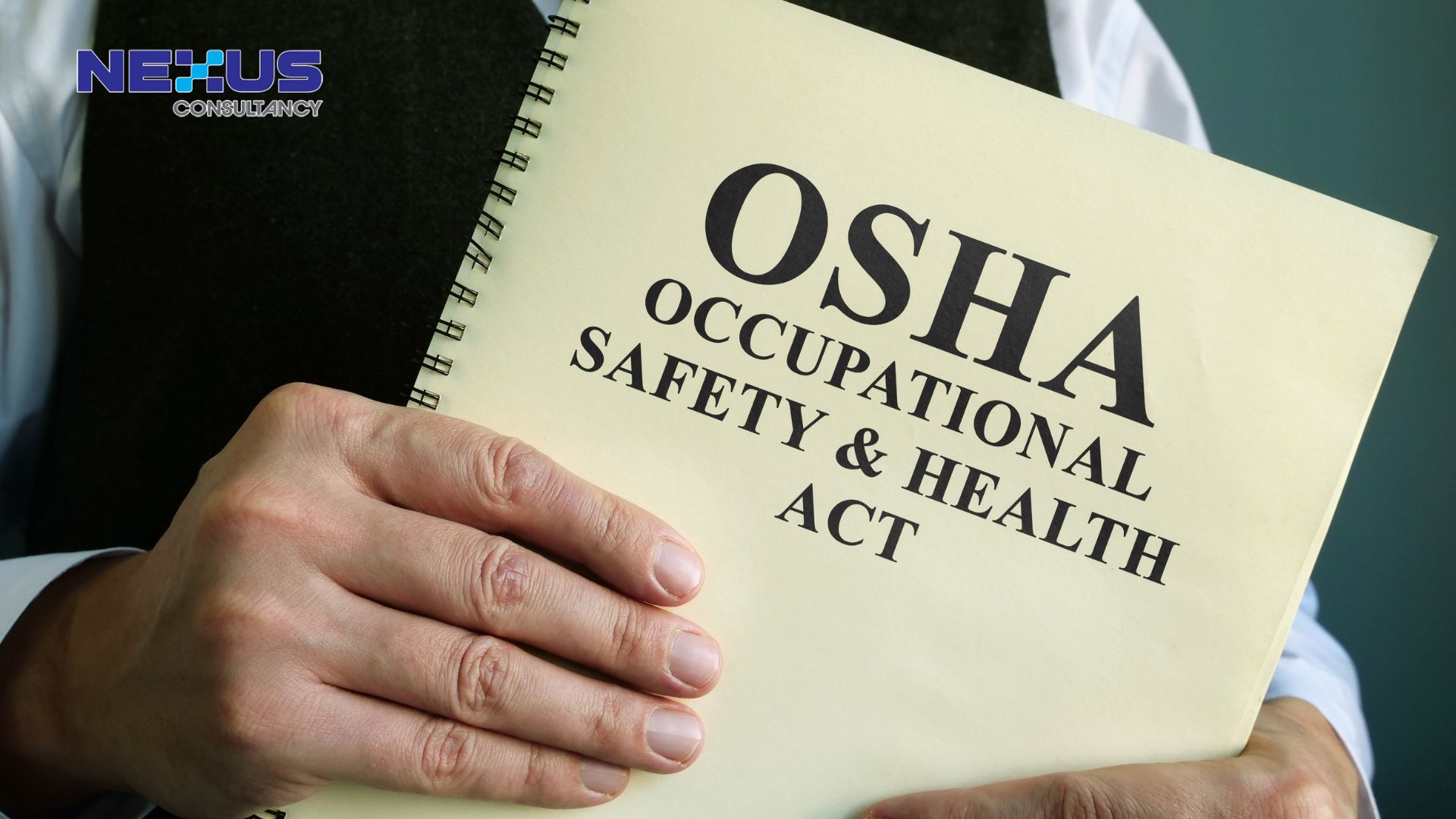
Danielle Tan
Chief Operating Officer
Ensure ethical trade compliance with a Sedex SMETA Assessment. Strengthen trust, meet standards & expand globally. Learn how to get started!

In today’s business landscape, ethical trade and supply chain transparency are no longer just good practices—they’re essential for accessing global markets and securing top-tier clients. Sedex SMETA Assessment is a game-changer for companies looking to enhance credibility, meet international compliance standards, and build trust with partners worldwide.

How to Implement Sedex SMETA Assessment: A Step-by-Step Guide
1. Understand What Sedex SMETA Assessment Covers
Sedex focuses on four key areas:
• Labor Standards – Fair wages, working hours, and worker rights
• Health & Safety – Workplace safety measures and risk mitigation
• Environmental Impact – Sustainable resource use and waste management
• Business Ethics – Anti-corruption policies and transparent operations
Start by registering your company on the Sedex platform and reviewing SMETA (Sedex Members Ethical Trade Audit) requirements to understand what’s expected.
2. Conduct a Compliance Gap Analysis
Before applying for Sedex SMETA Assessment, assess your company’s current ethical and operational standards by completing a gap analysis. This will help you:
• Identify gaps in compliance
• Strengthen policies and documentation
• Address potential risks before the official audit
3. Develop Strong Compliance Policies
To meet Sedex standards, your business needs clearly documented policies, including:
• Fair labor and human rights policies
• Workplace safety guidelines and emergency protocols
• Sustainability and waste management strategies
• Anti-bribery and ethical business conduct policies
4. Train Your Employees and Suppliers
A common reason companies fail SMETA audits is due to a lack of awareness among employees and suppliers. Make training a priority by:
• Educating employees on labor rights, safety, and ethical conduct
• Partnering with suppliers to ensure ethical sourcing practices
• Conducting regular training workshops and compliance checks
5. Get Ready for the SMETA Audit
The Sedex Members Ethical Trade Audit (SMETA) is the key assessment for demonstrating compliance. Ensure your company is ready by:
• Keeping all compliance documents up-to-date
• Conducting internal audits to catch issues before the official review
• Preparing for on-site inspections and employee interviews
6. Address Non-Conformities and Implement Corrective Actions
If the audit uncovers any compliance issues, you’ll need to develop a Corrective Action Plan (CAP). Taking quick and effective steps to resolve any shortcomings will keep your compliance status on track.
7. Maintain Compliance and Continuous Improvement
Sedex compliance isn’t a one-time task—it requires ongoing commitment. To stay ahead:
• Conduct regular internal audits
• Train new employees on Sedex standards
• Monitor and improve supplier compliance

Common Challenges in Implementing Sedex & How to Overcome Them
1. Lack of Internal Knowledge and Expertise
Problem: Many businesses struggle to understand SMETA compliance requirements.
Solution: Invest in ISO and Sedex compliance training, or engage an experienced consultant for guidance.
2. Supply Chain Non-Compliance
Problem: Suppliers may not meet ethical sourcing and labor standards.
Solution: Conduct supplier audits, provide compliance training, and establish clear sourcing policies.
3. Audit Readiness Issues
Problem: Poor documentation and record-keeping can lead to audit failures.
Solution: Maintain comprehensive compliance records and conduct pre-audit checks.
4. Cost Concerns for Small Businesses
Problem: Some companies worry about the costs of compliance implementation.
Solution: Roll out a phased compliance plan, focusing on high-priority areas first, and seek government grants or incentives.

Success Story: How Sedex SMETA Assessment Opened Global Doors
A leading Malaysian plastic recycling company was struggling to enter European and global markets due to strict sustainability and ethical sourcing requirements.
The Challenge:
Despite having a high-quality product, major global corporations demanded Sedex compliance before considering any business partnerships.
The Solution:
The company took a strategic approach to Sedex SMETA Assessment by:
• Enhancing ethical labor policies
• Strengthening health & safety measures
• Reducing their carbon footprint through improved waste management
• Ensuring full compliance with SMETA audit requirements
The Results:
• Gained access to major international clients
• Strengthened brand credibility in global markets
• Expanded exports to over 30 countries
Their journey proves that Sedex compliance isn’t just about compliance—it’s a gateway to global business growth.
Why Sedex SMETA Assessment is a Smart Investment for Your Business
• Access Global Markets – Many international buyers require Sedex compliance
• Build Stronger Business Relationships – Transparency builds trust with clients and partners
• Improve Operational Efficiency – Ethical and sustainable practices lead to long-term cost savings
• Strengthen Your Brand Reputation – Customers and investors favor socially responsible businesses
If your company is ready to expand globally, investing in Sedex compliance is a powerful step forward.

Get Expert Help for Your Sedex Compliance Journey
Implementing Sedex doesn’t have to be complicated. With the right strategy, training, and expert guidance, your company can achieve compliance and unlock new business opportunities.
Need help with your Sedex compliance process? Contact us today for expert consultation and tailored compliance solutions!






